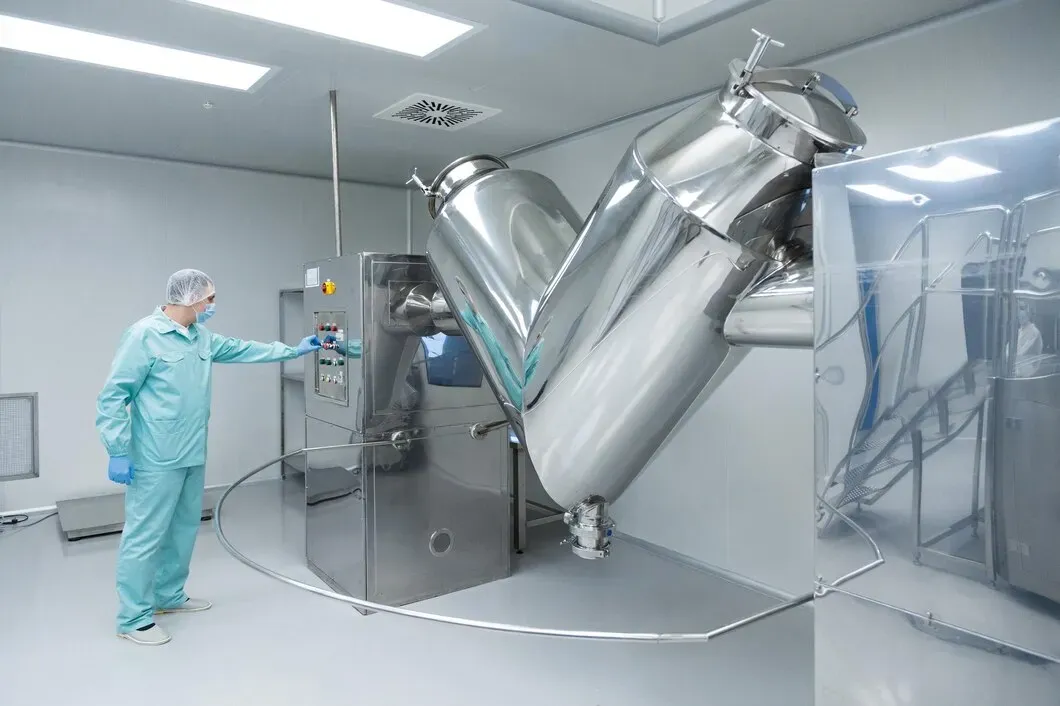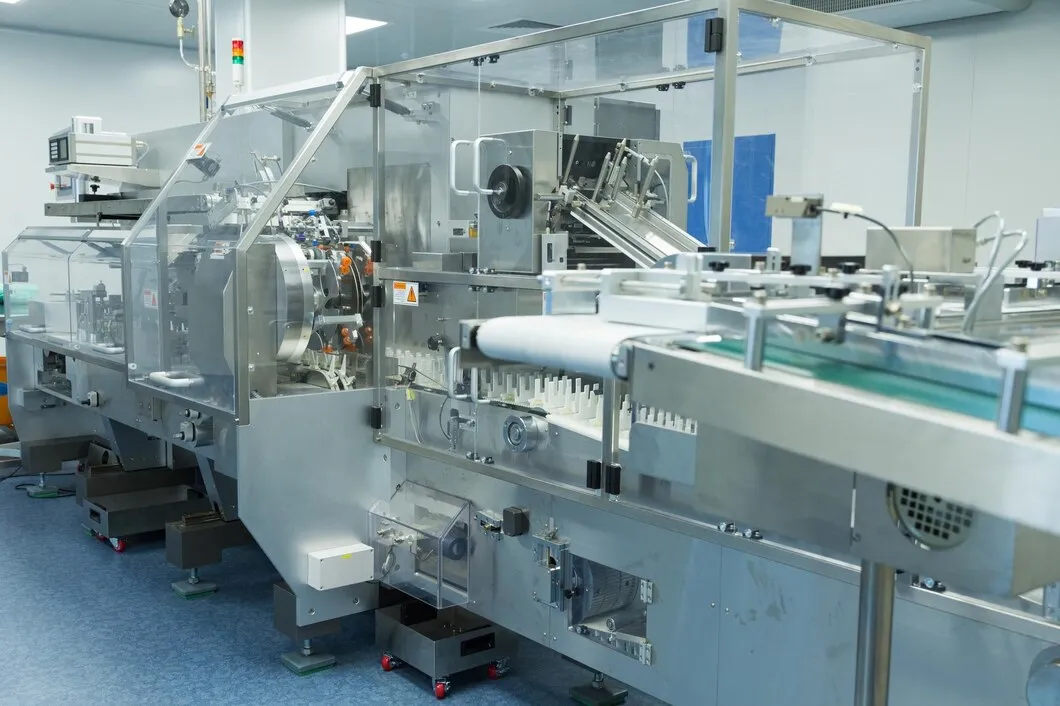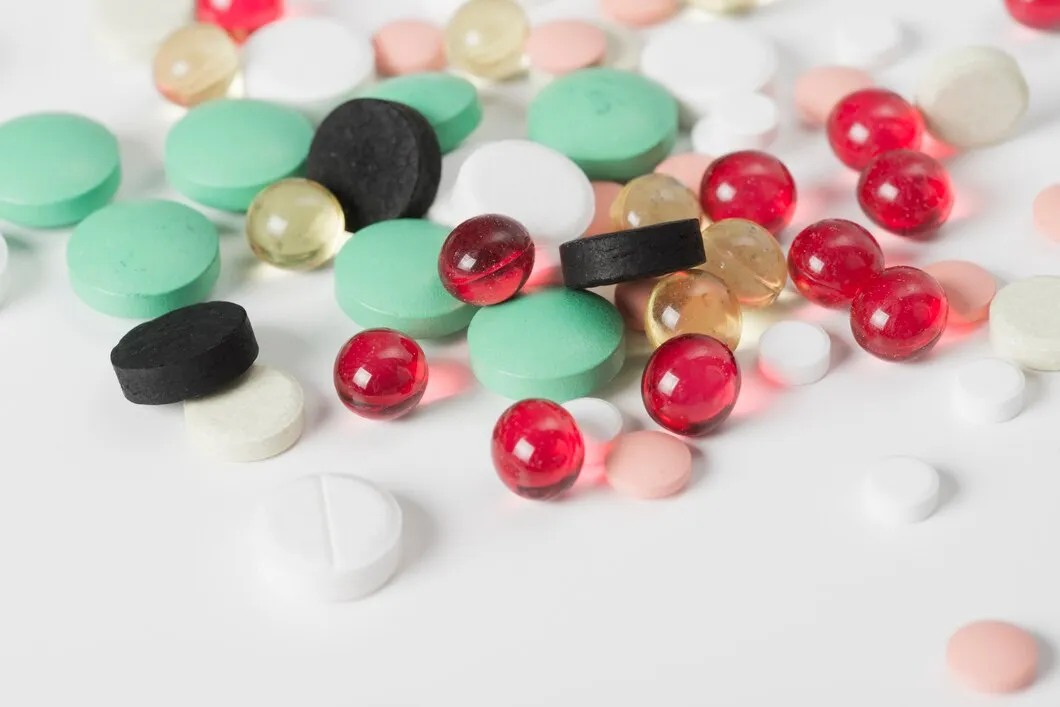Вартість і час, необхідні для виведення нового препарату на ринок, продовжують зростати. В середньому на розробку одного методу лікування потрібно до десятиліття та мільярди доларів. Щоб залишатися конкурентоспроможними, фармацевтичні компанії звертаються до штучного інтелекту (ШІ), щоб працювати розумніше, а не повільніше.
У цій статті ми розглянемо, як Штучний інтелект та фармацевтика співпрацюють для пришвидшення досліджень та розробок. Ми розглянемо реальні випадки використання, переваги, проблеми та що це означає для виробників та партнери в ланцюжку поставок.

Розробка ліків завжди була складною, але розрив між інвестиціями та обсягом виробництва зростає. Фармацевтичні компанії стикаються з нижчою віддачею від досліджень та розробок, довшими термінами та підвищеним тиском щодо швидшого впровадження таргетної терапії. За даними Deloitte, середня віддача від досліджень та розробок у 2024 році знизилася до 1.2%, навіть коли витрати на розробку перевищили $2,2 мільярда на препарат.
Штучний інтелект пропонує спосіб змінити цю тенденцію. Він допомагає командам швидше обробляти дані, зменшити залежність від методу спроб і помилок і виявляти кращі препарати-кандидати на ранніх стадіях розробки. Це особливо корисно на ранніх етапах дослідження та розробки клінічних випробувань — двох сферах, де затримки є поширеними та дороговартісними.
Для компаній, які орієнтуються на меншу прибутковість та більші ризики, штучний інтелект — це не просто інструмент, а спосіб відновити ефективність та залишатися конкурентоспроможними в умовах швидкозмінного середовища.
Штучний інтелект має відчутний вплив на різних етапах розробки ліків:
Інтеграція штучного інтелекту у фармацевтичні дослідження та розробки пропонує кілька переваг:
Незважаючи на свою перспективність, впровадження штучного інтелекту у фармацевтичній галузі стикається з кількома перешкодами:
Траєкторія розвитку штучного інтелекту у фармацевтичній галузі є багатообіцяючою:
Оскільки штучний інтелект прискорює розробку ліків, виробники повинні бути готові до напливу нових сполук, що потребують розробки. Це вимагає адаптивних виробничих ліній, здатних обробляти різноманітні рецептури та масштабовані операції для задоволення різних потреб. Узгодження з партнерами, які володіють знаннями в галузі штучного інтелекту, матиме вирішальне значення для ефективного орієнтування в цьому мінливому ландшафті.
Інтеграція штучного інтелекту у фармацевтичні дослідження та розробки змінює те, як галузь відкриває та розробляє нові ліки. Пришвидшуючи ранні дослідження, скорочуючи витрати та покращуючи показники успішності випробувань, Штучний інтелект та фармацевтика працюють разом над вирішенням давніх проблемних питань.
Але відкриття – це лише початок. Оскільки все більше сполук рухаються по конвеєру швидше, виробникам потрібні системи, які можуть встигати за цим – гнучкі, масштабовані та сумісні з GMP. Саме тут і з'являється Canaan.
Ханаан розробляє передове фармацевтичне обладнання що допоможе вам впевнено масштабуватися — незалежно від того, чи виробляєте ви капсули, таблетки чи складні рецептури. Підготуйте свою виробничу лінію до наступної хвилі інновацій на основі штучного інтелекту.Зв'яжіться з нами щоб дізнатися, як ми можемо підтримати ваш наступний етап зростання.




Перш ніж будь-який препарат потрапить до пацієнта, він починається в лабораторії. Саме там тестуються формули, перевіряються партії, а якість або підтверджується, або ставиться під сумнів. Щоб виконувати цю роботу правильно, лабораторії залежать від правильного обладнання — інструментів, які не просто виконують роботу, а роблять її точно. Якщо ви відповідаєте за керування або […]

Блістерна упаковка використовується всюди у фармацевтичній галузі — від таблеток до капсул і зразків. Вона захищає продукт, подовжує термін придатності та підвищує безпеку пацієнтів. Але для виробників це більше, ніж просто упаковка — це система, побудована на швидкості, точності та відповідності вимогам. Якщо ви працюєте у фармацевтичному виробництві або закупівлі упаковки, ось що вам потрібно знати про блістерну упаковку […]

Якщо ви вирішуєте, як доставляти фармацевтичний продукт або харчову добавку, обраний вами формат — рідкі гелі чи таблетки — визначатиме не лише його зовнішній вигляд. Він впливає на те, як продукт виготовляється, як швидко він всмоктується, яке обладнання вам знадобиться та як кінцевий користувач його сприймає. Деякі активні речовини працюють краще в […]